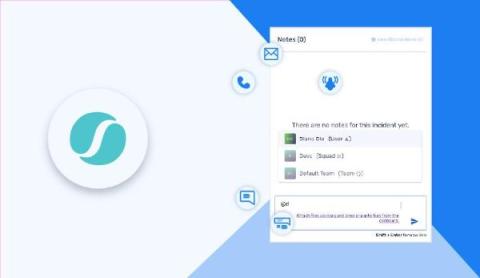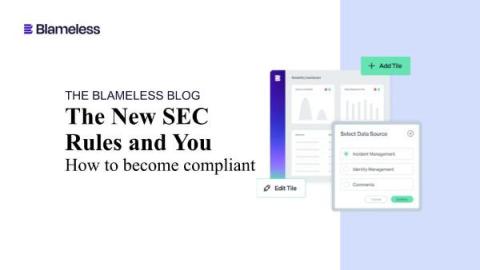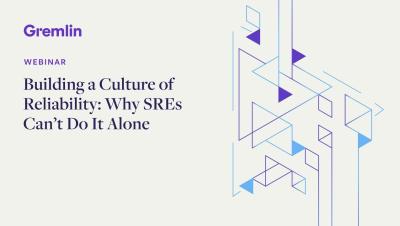Keeping Stakeholders Notified of Incidents With Squadcast
How can Stakeholders like CEO (Chief Executive Officer), CTO (Chief Technology Officer), COO (Chief Operating Officer), other business units like Sales, Support etc. be kept in the loop while managing a critical incident?











